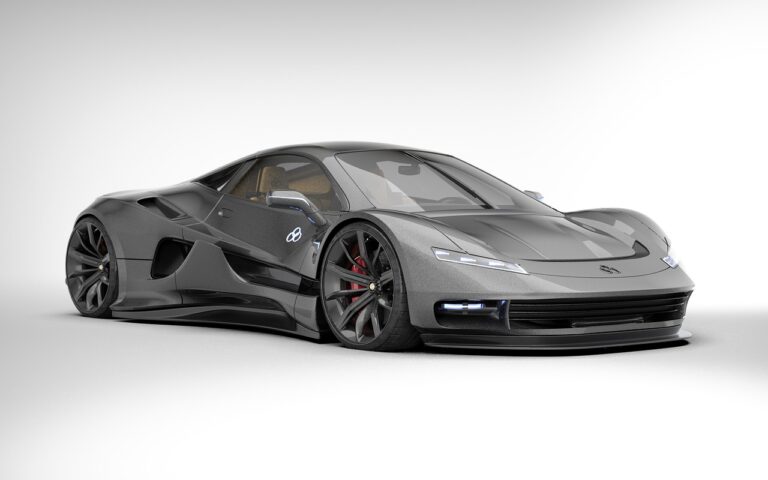Understanding Consumer Preferences for Electric Vehicle Charging Network Compatibility
Consumer awareness of electric vehicle charging networks plays a crucial role in the widespread adoption of electric vehicles. As the EV market continues to grow, understanding the different charging network options available is essential for consumers to make informed decisions. Being aware of the location, speed, and accessibility of charging stations can significantly impact the overall convenience and usability of electric vehicles in daily life.
Many consumers may not be fully aware of the various charging network providers and their coverage areas. This lack of knowledge could lead to range anxiety and hesitation in transitioning to an electric vehicle. Therefore, increasing awareness through education and promotion of charging network infrastructure is key to encouraging more consumers to embrace electric mobility.
Factors Influencing Consumer Choices in Charging Network Compatibility
When it comes to selecting a charging network for their electric vehicles, consumers are influenced by various factors that affect the compatibility of the network with their vehicle. One key factor is the type of connector used by the charging network, as consumers need to ensure that it is compatible with their vehicle’s charging port. For instance, some vehicles may only be compatible with networks that offer CHAdeMO or CCS connectors, leading consumers to prioritize networks that provide these charging options.
Another crucial factor that influences consumer choices in charging network compatibility is the charging speed offered by the network. Consumers often prefer networks that provide fast charging options, allowing them to quickly recharge their vehicles on-the-go. The availability of different charging speeds, such as Level 2 or DC fast charging, can significantly impact consumer decisions when selecting a compatible charging network for their electric vehicles.
• Consumers prioritize networks that offer CHAdeMO or CCS connectors
• Compatibility of the connector with their vehicle’s charging port is a key factor
• Some vehicles may only be compatible with specific types of connectors
• Fast charging options are preferred by consumers
• Networks offering fast charging options are prioritized
• Different charging speeds like Level 2 or DC fast charging influence consumer decisions
Convenience vs Cost: Consumer Trade-offs in EV Charging Network Selection
When it comes to selecting an electric vehicle (EV) charging network, consumers often find themselves grappling with the trade-off between convenience and cost. The convenience of having a charging station readily available versus the cost associated with using that station are key factors that influence decision-making.
Consumers weighing the convenience aspect may prioritize quick and easy access to charging stations, especially during long journeys or in high-traffic areas. On the other hand, cost-conscious consumers may opt for networks that offer lower pricing or membership fees, even if it means sacrificing some level of convenience. Striking a balance between these two factors is crucial for consumers to make well-informed decisions regarding which EV charging network best suits their needs and preferences.
What factors should consumers consider when selecting an electric vehicle charging network?
Consumers should consider factors such as convenience, cost, compatibility with their vehicle, and the availability of charging stations in their area.
How does consumer awareness play a role in the selection of electric vehicle charging networks?
Consumer awareness of different charging networks can influence their choices based on factors such as reputation, reliability, and user feedback.
Are there trade-offs between convenience and cost when it comes to selecting an EV charging network?
Yes, consumers often have to weigh the convenience of a charging network (such as location and ease of use) against the cost of using that network (including subscription fees and per-charge costs).
How can consumers make informed decisions about EV charging network selection?
Consumers can research different charging networks, read reviews from other users, compare pricing structures, and consider their own usage patterns to make an informed decision that best suits their needs.







